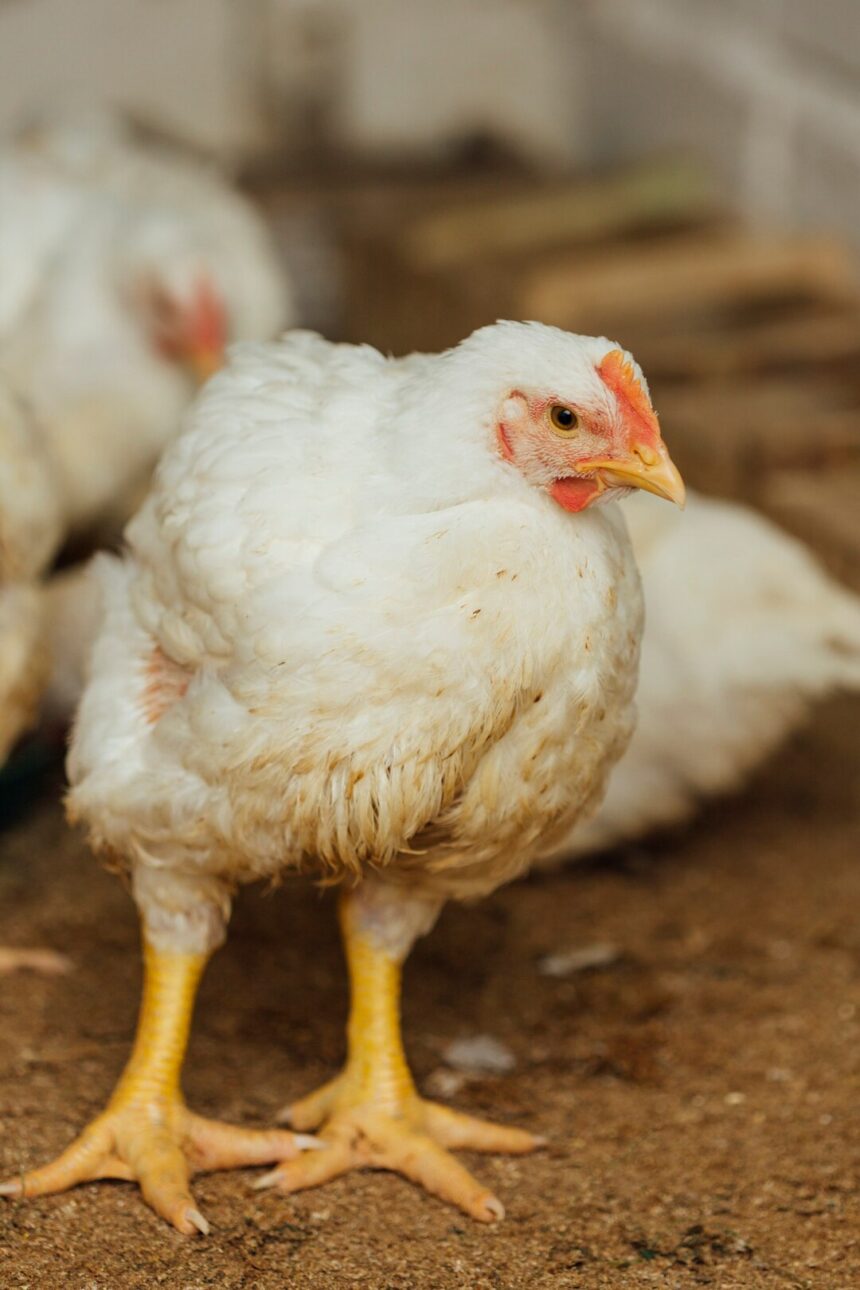Broiler chicken farming plays a crucial role in South Africa’s poultry industry, meeting the nation’s demand for high-quality protein. With the increasing consumption of chicken meat, many farmers are turning to broiler chicken production as a lucrative venture. However, successful broiler farming requires knowledge, expertise, and careful management. In this article, we’ll delve into 10 essential insights into breeding broiler chickens in South Africa to help aspiring farmers navigate this dynamic industry.
- Breeds and Strains:
Selecting the right breed or strain of broiler chickens is critical for achieving optimal growth and meat quality. Popular breeds used in South Africa include Ross, Cobb, and Hubbard, known for their rapid growth, feed efficiency, and meat yield. - Housing and Environment:
Proper housing and environmental management are essential for broiler chicken welfare and productivity. Farmers must provide well-ventilated, temperature-controlled housing with adequate space, bedding, and lighting to ensure optimal growth and health. - Nutrition and Feeding:
A balanced diet is crucial for broiler chickens’ growth and development. Farmers should provide high-quality feed formulated to meet the nutritional requirements of broilers at different stages of growth, ensuring optimal feed conversion and meat yield. - Health Management:
Maintaining broiler chicken health is paramount for successful farming. Vaccination programs, biosecurity measures, and regular health monitoring are essential to prevent diseases and minimize mortality, ensuring a profitable and sustainable operation. - Genetics and Selection:
Genetic selection plays a crucial role in breeding broiler chickens with desirable traits such as fast growth, feed efficiency, and meat quality. Farmers should work with reputable breeding companies and select breeding stock based on performance, genetic potential, and health status. - Brooding and Management:
Proper brooding management is vital for providing young broiler chicks with the ideal conditions for growth and development. Farmers should ensure adequate warmth, access to feed and water, and protection from predators and stressors during the critical brooding period. - Growth Management:
Monitoring and managing broiler chicken growth is essential to achieve optimal market weight and meat quality. Farmers should implement growth monitoring programs, adjust feed rations accordingly, and ensure proper flock management to maximize growth rates and uniformity. - Biosecurity Measures:
Biosecurity measures are essential to prevent the introduction and spread of diseases on the farm. Farmers should implement strict biosecurity protocols, including visitor restrictions, vehicle disinfection, and quarantine procedures, to protect their flocks and maintain farm health. - Market Trends and Demand:
Understanding market trends and consumer demand is crucial for successful broiler farming. Farmers should stay informed about market dynamics, price fluctuations, and consumer preferences to make informed decisions about production, pricing, and marketing strategies. - Economic Considerations:
Broiler farming is a business, and profitability depends on efficient production, cost management, and market competitiveness. Farmers should carefully consider production costs, input prices, and revenue potential to optimize profitability and ensure long-term viability.
Breeding broiler chickens in South Africa offers lucrative opportunities for farmers seeking to meet the growing demand for high-quality chicken meat. By understanding the essential insights outlined in this article, farmers can navigate the complexities of broiler production, optimize productivity, and ensure the success of their farming operations. With proper management, investment in quality genetics, and adherence to best practices, broiler farming can be a rewarding and sustainable venture contributing to South Africa’s food security and economic development.
Join 'Farmers Mag' WhatsApp Channel
Get the latest Farming news and tips delivered straight to your WhatsApp
CLICK HERE TO JOIN






